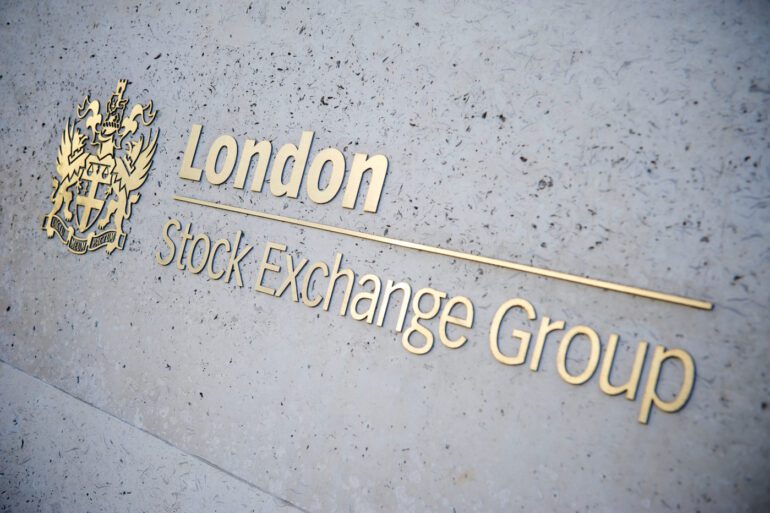TL;DR:
- The London Stock Exchange Group (LSEG) and Microsoft have formed a strategic partnership to develop generative AI models.
- LSEG aims to leverage generative AI to enhance banking and financial services using its data and industry expertise.
- Generative AI can be beneficial for large banks, offering insights from proprietary data for trading strategies and risk management.
- Microsoft’s 4% stake in LSEG and board seat solidify the partnership’s foundation.
- While generative AI presents opportunities, concerns exist about its accuracy and potential misinformation.
Main AI News:
In a groundbreaking move, the London Stock Exchange Group (LSEG) has joined forces with technology giant Microsoft to delve into the development of innovative generative AI models. The UK’s leading stock exchange aims to capitalize on the remarkable advancements in generative AI technology pioneered by Microsoft-backed OpenAI, the mastermind behind the revolutionary ChatGPT.
This strategic partnership marks a significant milestone for LSEG as it seeks to leverage the power of generative AI in the realm of banking and financial services. By combining LSEG’s invaluable data and industry expertise with the cutting-edge AI capabilities of Microsoft, they aim to create powerful AI tools tailored to cater to the unique needs of the financial sector.
LSEG CEO, David Schwimmer, expressed enthusiasm about the progress made in implementing this transformative partnership with Microsoft. He asserted that customers can look forward to reaping the benefits of this collaboration as early as the coming year. The company is already in productive conversations with clients, discussing the immense potential of utilizing the vast repository of data available at LSEG, securely integrating it with their proprietary data.
Generative AI holds tremendous promise for large financial institutions, providing them with invaluable insights derived from vast sets of proprietary data. For banks and other entities involved in trading strategies and risk management, this technology promises to be a game-changer.
Microsoft’s strategic investment in LSEG last year, which secured a 4% stake and a seat on the board, further solidifies the foundation of this pioneering alliance. Together, they are set to redefine the landscape of the financial sector through the power of generative AI.
While generative AI opens a world of possibilities across numerous industries, concerns surrounding its accuracy and reliability have surfaced. Some generative AI models, including OpenAI’s renowned ChatGPT, have been known to occasionally ‘hallucinate’ and propagate fabricated information as if it were factual. These challenges will require careful consideration and vigilance as LSEG and Microsoft forge ahead with their transformative AI endeavors.
Conclusion:
The collaboration between LSEG and Microsoft signifies a major leap forward in the financial sector’s integration of generative AI technology. With access to vast amounts of data and Microsoft’s cutting-edge AI capabilities, this partnership is expected to redefine banking and financial services. However, market players should approach the adoption of generative AI cautiously, considering potential accuracy challenges and the need for rigorous validation of generated insights. As the alliance progresses, the market can anticipate transformative changes in how financial institutions utilize AI for strategic decision-making and risk management.

